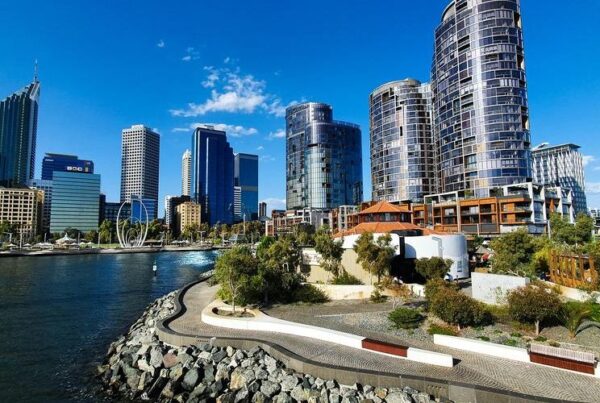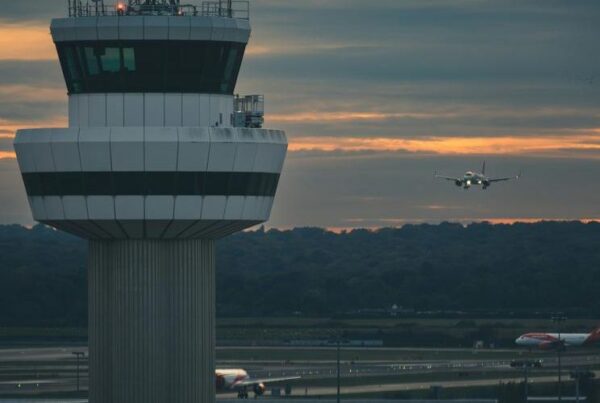Australian travel agents are being urged to stay alert as the security situation in India and Pakistan continues to deteriorate following last month’s deadly bombing in Indian-administered Kashmir. The attack in Pahalgam on 22 April killed 26 Indian tourists and triggered a spiralling conflict, dubbed “Operation Sindoor” by Indian authorities.
In response, India launched missile strikes on targets in Pakistan and Pakistan-administered Kashmir, prompting retaliatory drone attacks and heavy shelling along the Line of Control. Although both sides announced a ceasefire on 10 May, fresh reports of overnight skirmishes have cast doubt over its longevity.
The Australian Government has updated its Smartraveller advice, issuing “do not travel” warnings for Jammu and Kashmir (excluding Ladakh), the India–Pakistan border region, and India’s Manipur state. Travellers are also advised to reconsider visiting Chhattisgarh, Nagaland, parts of Assam, and the Attari–Wagah border crossing.
Pakistan’s restrictions are even tighter, with “do not travel” advisories in place for Balochistan, Khyber Pakhtunkhwa, and all border regions near India and Afghanistan. The rest of the country carries a “reconsider your need to travel” warning. The Wagah border crossing remains closed until further notice, and cross-border movement is suspended.
Flight disruptions are ongoing. Carriers including Air India, IndiGo, Lufthansa, British Airways and Emirates have rerouted or suspended services to avoid Pakistani airspace, with flight tracking data showing minimal commercial traffic across the region.
Travel insurance is emerging as another flashpoint for concern. According to Compare the Market’s Chris Ford, travellers heading to affected areas may not be covered—even if they took out insurance before the current conflict escalated.
“There are currently several ‘do not travel’ warnings and ‘reconsider your need to travel’ warnings across parts of India and Pakistan, meaning it’s not safe to travel to these areas right now,” Ford said. “Even if you took out travel insurance prior to the developing situation, you run the risk of not being covered if you still choose to travel to these regions amid the current climate.”
Ford warns that travellers without existing cover will now find it difficult to obtain new insurance policies for trips to impacted areas. The conflict is now classed as a “known event,” which most insurers exclude from new policies.
He added that most travel policies also won’t cover claims arising from acts of war, invasion, or terrorism, making the current conditions particularly risky for uninsured travellers.
For those already in the region, Ford advised staying across local media and government updates, following the instructions of local authorities, and contacting the Australian Consular Emergency Centre if assistance is required. Travel insurers may also be able to help with emergency accommodation, changes to bookings, or securing a way out once it’s safe to travel.
For Australian agents, the message is clear: check Smartraveller regularly, keep clients informed, and encourage flexible bookings and robust insurance cover. With uncertainty hanging over the ceasefire and tensions simmering on both sides, alternative destinations may be the safer choice for now.









